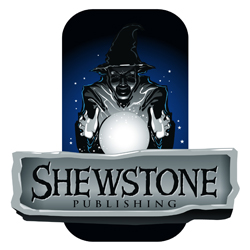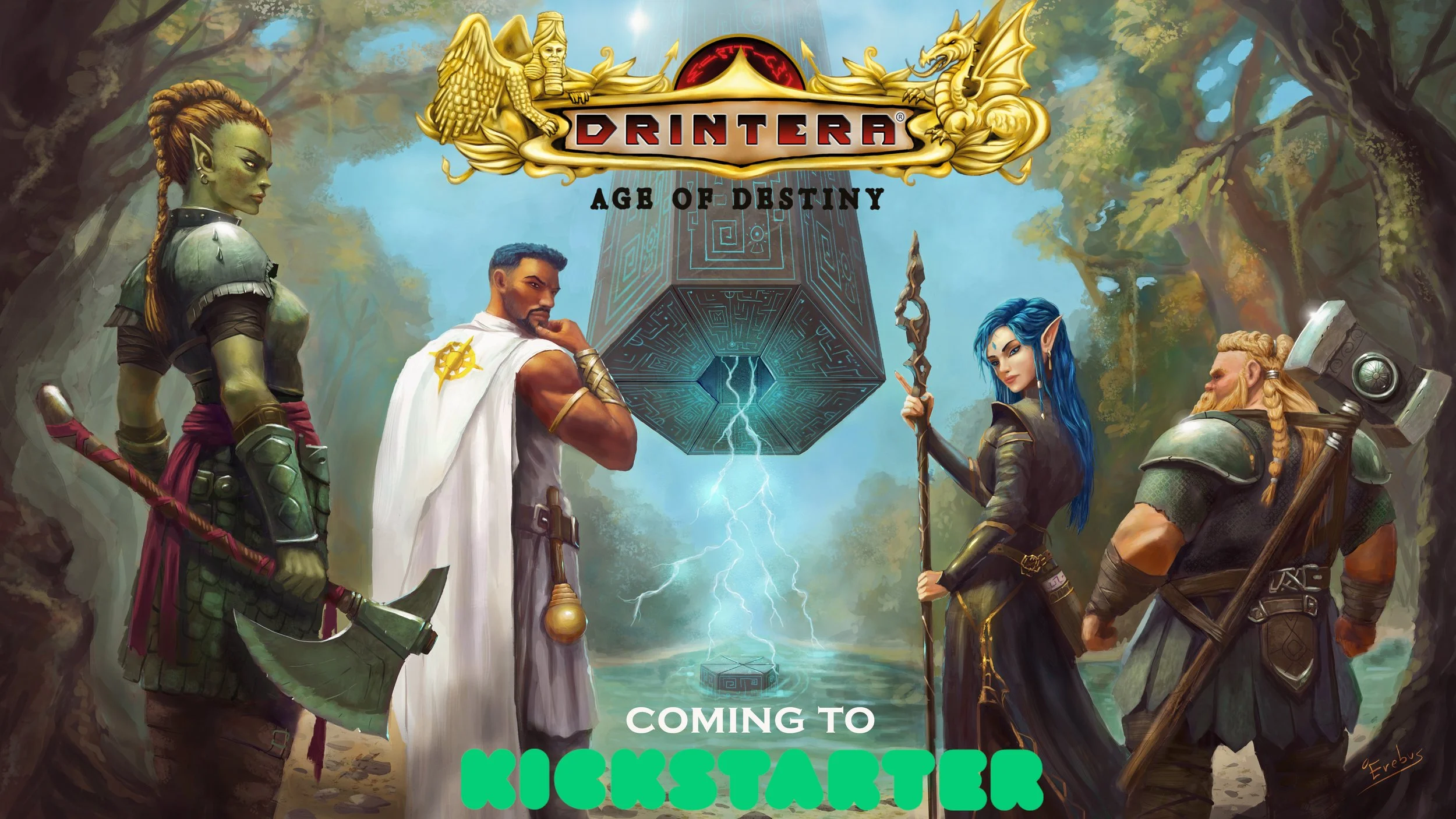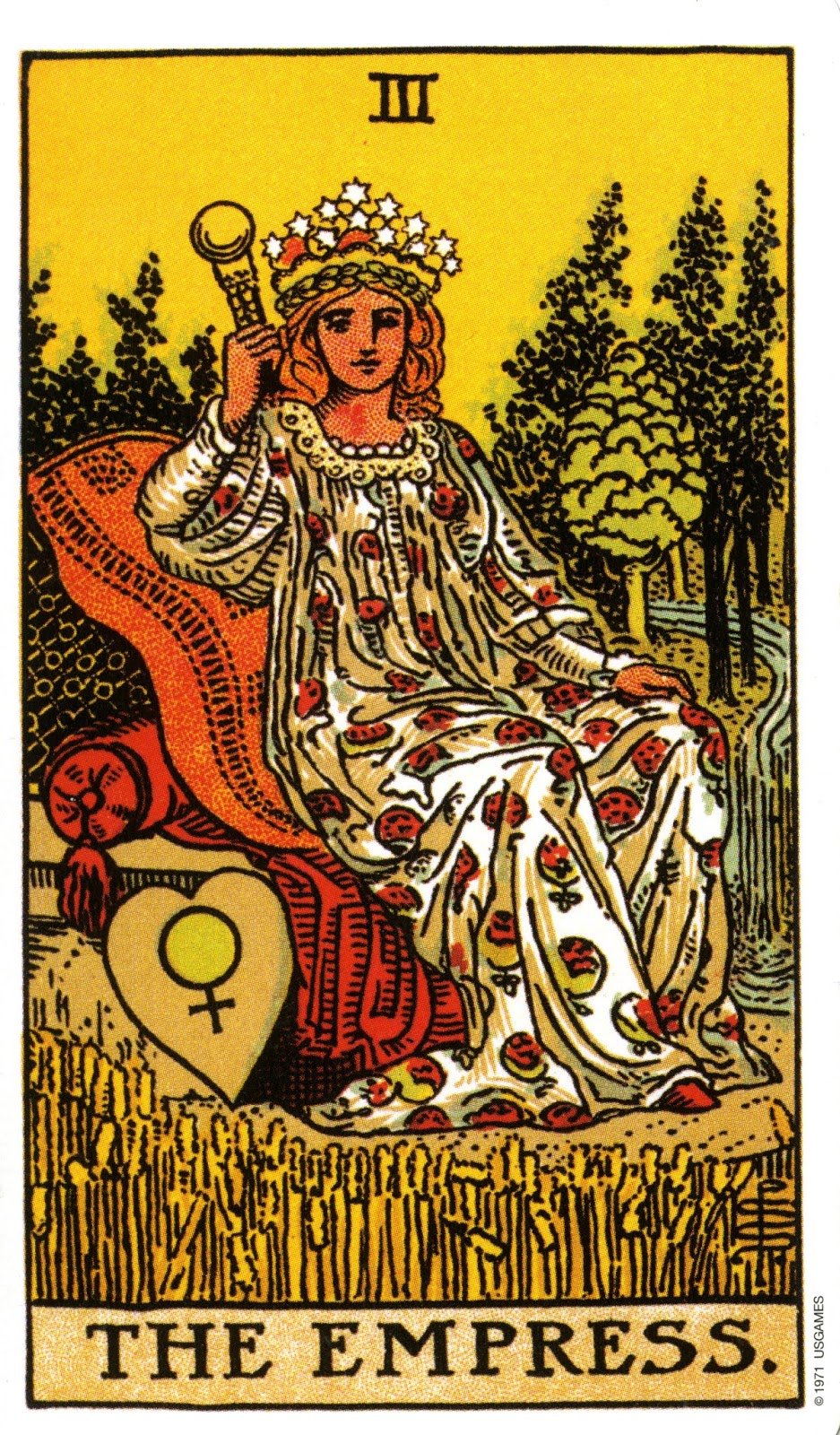We have two tabletop roleplaying product lines:
Magonomia is the tabletop roleplaying game of Renaissance wizardry. All the player characters are wizards, wielding magic based on authentic 16th century lore. Adventure in Enchanted England, where the witches, ghosts, and faeries of folklore meet the exploration and intrigues of the Tudor dynasty!
Drintera® is our TTRPG setting inspired by heroic mythology and legends from around the world. Experience a fresh perspective on fantasy from a diverse, international creative team!




